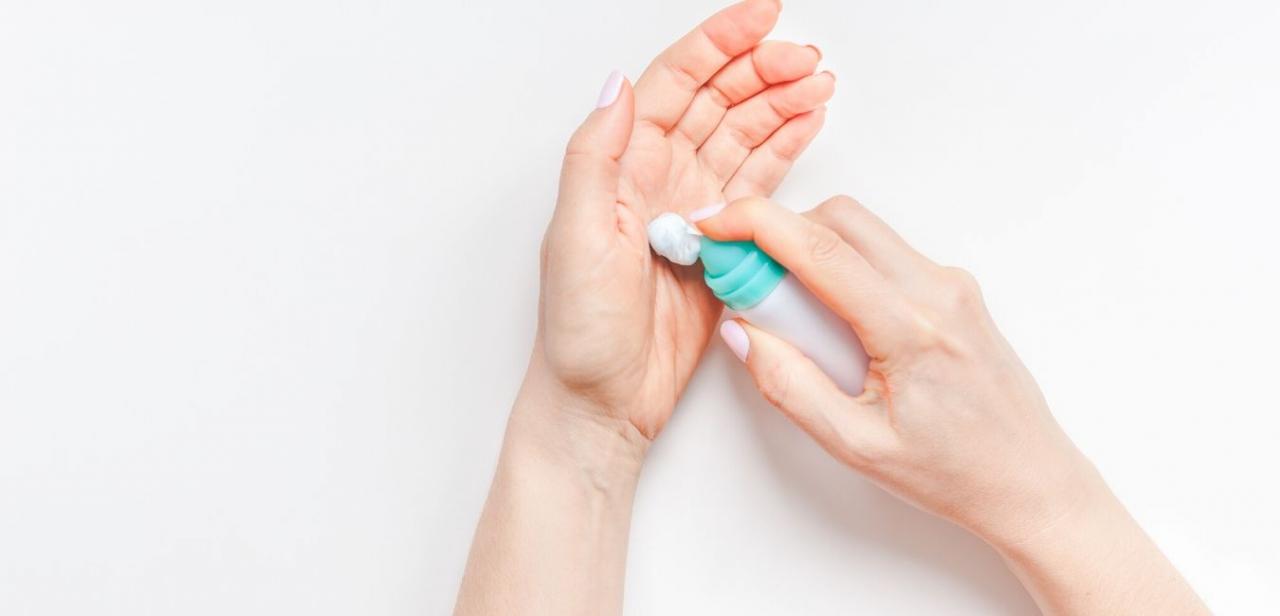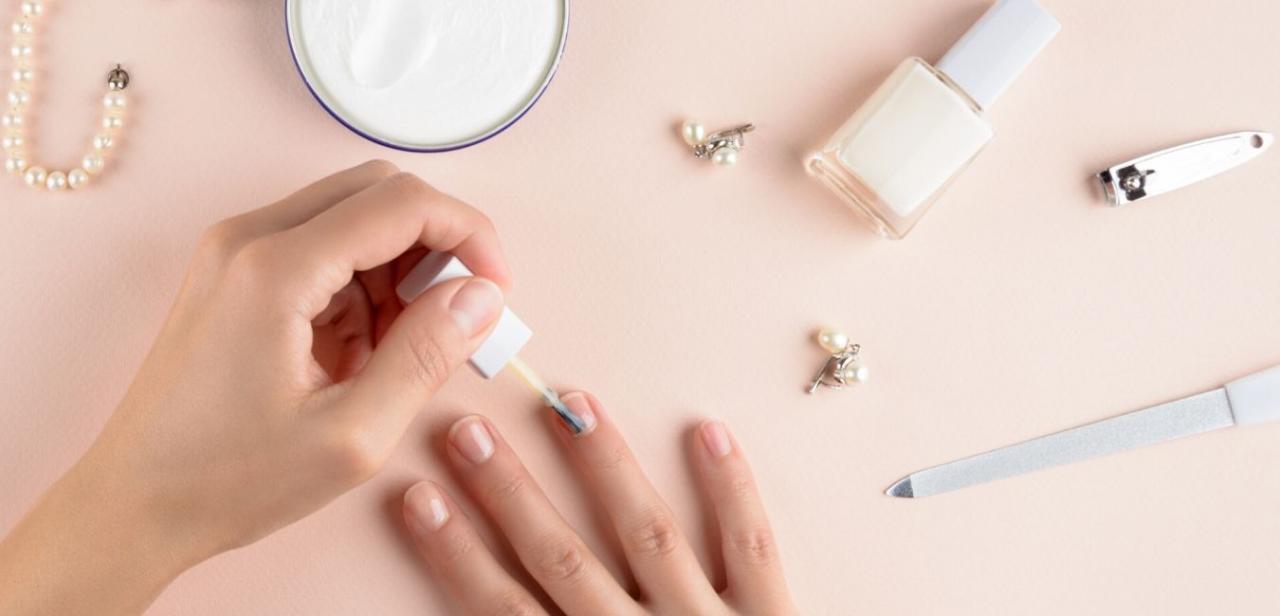Everyone has body hair and the amount is largely determined by your genetic makeup. Up until puberty, your body is covered with fine, colorless hairs called vellus hairs. When you begin to sexually mature, male sex hormones called androgens help vellus hairs on certain areas of your body become dark, curlier and coarser hairs called terminal hairs.
But if you're a woman who has developed excessive amounts of terminal hairs on body areas, such as on your face, chest and back, you may have a condition called hirsutism.
- 1
Hirsutism affects up to 10 percent of U.S. women. Hirsutism can be emotionally distressing and some women may feel self-conscious about unwanted body hair. While hirsutism itself doesn't cause physical complications, the underlying cause may arise from excess androgens or an increased sensitivity of hair follicles to androgens.
Women approaching menopause or in the early years of menopause, may develop coarse chin or other unwanted facial hair. This isn't considered hirsutism. Your doctor can help you distinguish between stray hairs that commonly develop at menopause and unwanted excess hair resulting from another disorder.
Hirsutism is generally not a preventable condition. Conditions like polycystic ovary syndrome, controlling obesity and preventing insulin resistance (a condition in which your body doesn't respond to normal insulin levels) can result in lower androgen levels and lessen hirsutism.
The causes of the hair growth should be evaluated by a physician through blood tests to pinpoint the specific origin of the abnormal hair growth and advise treatment. A combination of self-care methods, hair removal and medical therapies provide effective treatment for many women with hirsutism.
Some home remedies include: plucking, shaving, waxing, bleaching and chemical depilatories. Hair removal treatments include electrolysis and laser therapy.
Medical treatments to treat hirsutism include oral contraceptives, anti-androgens and topical cream.
• Oral contraceptives are birth control pills or other hormonal contraceptives, which contain the hormones estrogen and progestin. They treat hirsutism by inhibiting androgen production by your ovaries. Oral contraceptives are a common treatment for hirsutism in women who don't want to become pregnant.
• Anti-androgens are drugs that block androgens from attaching to their receptors in your body. The most commonly used anti-androgen for treating hirsutism is spironolactone (Aldactone).
• Topical cream, like Eflornithine (Vaniqa), is a prescription cream specifically for excessive facial hair in women. It's applied directly to the affected area of your face and helps slow new hair growth but doesn't get rid of existing hair. Eflornithine may take up to two months to work, and hair growth returns to pretreatment levels within eight weeks of discontinuing the medication. Side effects may include stinging, tingling or a skin rash.
After beginning a medication for hirsutism, it usually takes a month before you notice a significant difference in hair growth. If you and your doctor aren't able to find a medication that works well for you, he or she may recommend that you see a doctor who specializes in skin disorders (dermatologist).
If you're taking medications for hirsutism and would like to have a baby, talk to your doctor. Women who are taking certain medications to treat hirsutism are advised not to become pregnant. If you have hirsutism and irregular periods, you may have a condition called polycystic ovary syndrome, which can cause reduced fertility. Consider discussing plans for a healthy pregnancy with your doctor.
Sources:
http://en.wikipedia.org
http://familydoctor.org
http://emedicine.medscape.com
MC Ortega is the former publicist for the late Walter Payton and Coca-Cola. Ortega is a senior communications and messaging executive specializing in media relations, social media, program development and crisis communications. Also, Ortega is an avid traveler and international shopper. Ortega resides with her partner, Craig, dog, Fionne and extensive shoe collection. Ortega also enjoys jewelry design/production and flamenco dancing.










































